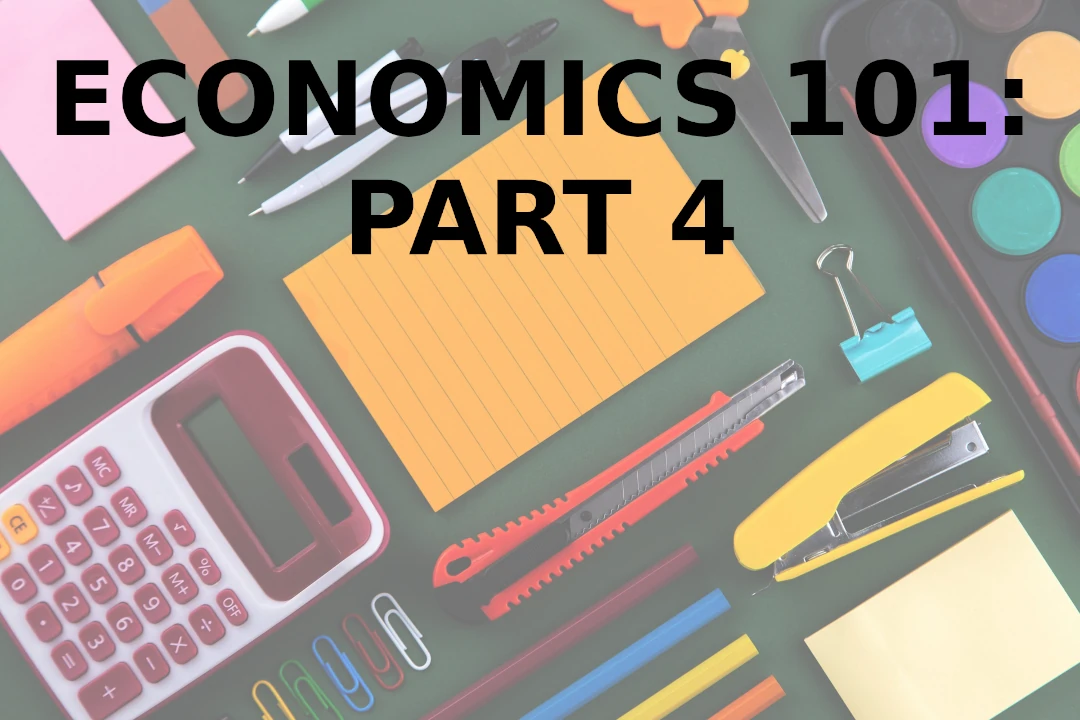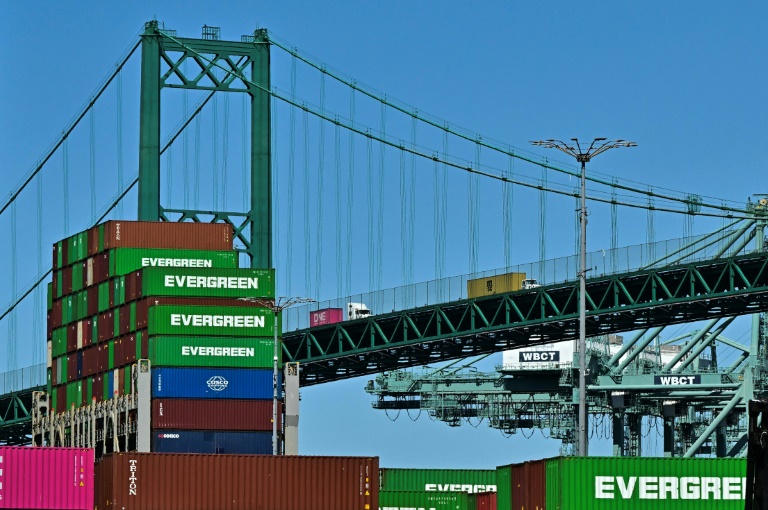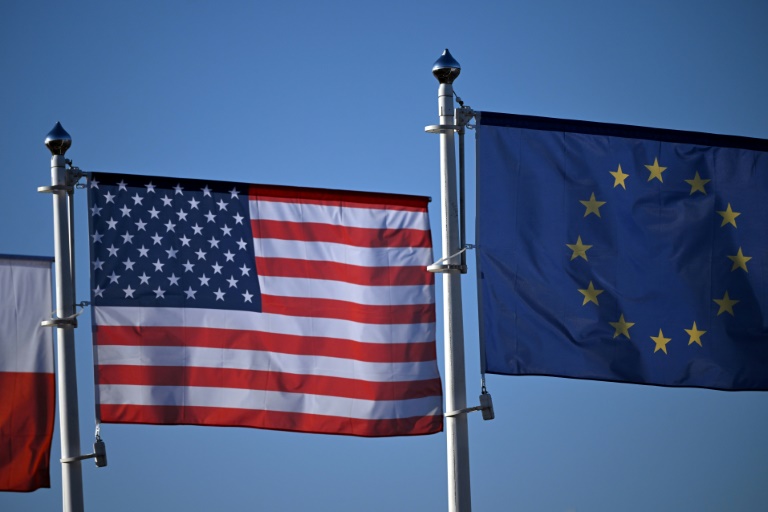The Origins of Mercantilism
Imagine a time when nations were in a fierce race to amass wealth and establish their dominance in the international trade arena. This was the era of mercantilism, an economic theory that emerged in the 16th century and held sway until the 18th century. It was a time when economic prosperity was synonymous with accumulating precious metals, such as gold and silver.
The Core Tenets of Mercantilism
Mercantilism was based on a set of beliefs and principles that dictated the economic policies of countries at the time. At its core, mercantilism emphasized the importance of a positive trade balance, with exports exceeding imports. It viewed colonies as valuable sources of raw materials that should be exploited for the benefit of the mother country, serving as a means to achieve economic self-sufficiency.
Furthermore, mercantilists believed in the importance of protectionism through measures like tariffs and quotas. These protectionist policies were aimed at shielding domestic industries from foreign competition and fostering economic growth within the country.
The Mercantilist System in Practice
In the pursuit of economic dominance, nations resorted to various strategies to achieve and maintain a favorable balance of trade. One strategy was to establish colonies in resource-rich regions to secure a steady supply of raw materials.
Another strategy employed by mercantilist nations was the implementation of mercantilist policies. These policies included imposing high tariffs on imported goods, providing subsidies to domestic industries, and restricting the outflow of gold and silver. By doing so, countries sought to increase their exports, decrease their imports, and accumulate precious metals to bolster their economic standing.
The Impact of Mercantilism
Mercantilism had a profound impact on the economies of countries that practiced it. While it aimed to increase the wealth and power of nations, it also had adverse consequences.
For instance, the emphasis on accumulating precious metals caused trade imbalances and hindered economic growth. Mercantilist policies limited the benefits of specialization and led to inefficient allocation of resources within countries.
Furthermore, the system fostered imperialistic tendencies, as countries competed for colonies and resources. This competition often resulted in conflict and wars, further exacerbating the negative consequences of mercantilism.
The Legacy of Mercantilism
Despite its shortcomings, mercantilism played a crucial role in shaping the global economy and laying the foundation for future economic theories.
One of the key legacies of mercantilism was the concept of protectionism. Even today, countries continue to debate the merits of protecting domestic industries through trade barriers.
Mercantilism’s focus on accumulating wealth and promoting exports also influenced the development of international trade theory, such as the theory of comparative advantage proposed by economist David Ricardo.
Mercantilism was a significant economic theory that dominated global trade during the 16th to 18th centuries. It emphasized the accumulation of precious metals, protectionism, and colonization as means to achieve economic prosperity and national power.
While mercantilism had its drawbacks and limitations, it left a lasting legacy in shaping economic thought and influencing policies that continue to impact nations to this day.






















